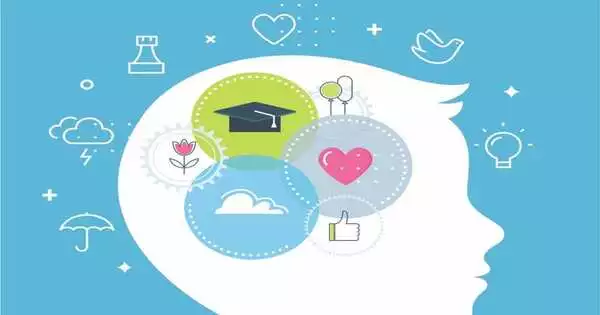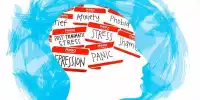Self-regulation refers to the ability of an individual to control their thoughts, emotions, and behavior in order to adapt to different situations and achieve personal goals. It involves a range of cognitive, emotional, and behavioral strategies that individuals use to manage their impulses, maintain focus, and respond to challenges in a flexible and adaptive manner.
Self-regulation is an important aspect of emotional and social development, and it plays a critical role in many areas of life, such as education, work, and relationships. For example, self-regulated learners are better able to set goals, manage their time, and persist in the face of challenges. Similarly, self-regulated employees are more likely to be productive, adaptable, and engaged in their work.
Many people, both children, and adults, struggle with self-regulation. When emotions are running high, many people tend to act rashly. When the impulsiveness wears off, many people are left feeling embarrassed and wondering how they should have responded instead. It is frequently mixed up with self-control. While they are related and share many characteristics, self-control is more of a social skill, whereas self-regulation is like a thermostat.
Some common strategies used to promote self-regulation include mindfulness, goal-setting, self-reflection, self-monitoring, and self-reinforcement. These strategies help individuals become more aware of their thoughts, feelings, and behaviors, and enable them to make adjustments as needed in order to achieve their goals.
In the context of psychology, self-regulation is considered an important component of emotional intelligence and is associated with better mental health outcomes, higher levels of academic achievement, and more successful interpersonal relationships. It involves skills such as impulse control, emotional regulation, attentional control, and goal setting.
Self-regulation is not a skill that can be learned quickly, and it is not present at birth. Self-regulation, on the other hand, develops over time. Some people struggle with self-regulation because they are unable to identify what helps them relax during times of emotional stress. Some people also struggle with interruptions to their routine. Many of these disruptions can result in irritable outbursts. This is especially true for people with autism spectrum disorder (ASD), who have sensory processing issues.
Examples of self-regulation skills include being able to delay gratification, resisting temptation, managing stress and anxiety, and adapting to changing situations. These skills can be developed through practice and training and can help individuals to achieve their desired outcomes and lead a more fulfilling life.
















